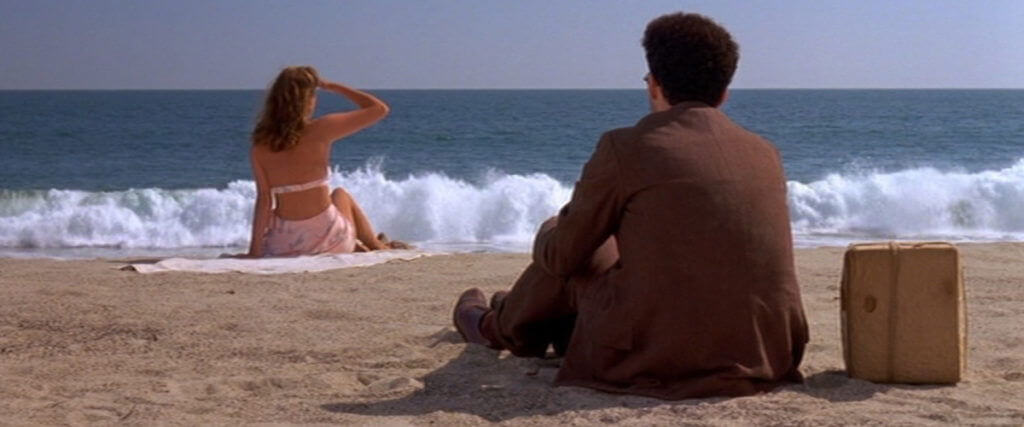

This doesnt mean that if youve worked in a supermarket your whole life you must write about working in a supermarket, but one cant presume to write about, lets say depression, if one has never suffered depression. You must have heard the phrase write about what you know. Barton Fink is unequivocally a Coen bros. Symbolism and subtext is rife in Barton Fink and while some may consider it amateurish to attempt to say too much with any one film, the Coens say it all very eloquently, and the mark of Autership cannot be denied. The truth is, in true Coen fashion, it may connote any of the above meanings, or entirely different ones depending on the perspective of the viewer. Others argue that its an indictment of the old Hollywood vertical integration system. Some readings youll find out there will purvey that its a film about the dangers of living inside ones own mind, others that Charlie Meadows ( John Goodman) represents Nazism, and Fink ineffectual left-wing liberalism. Its worth mentioning before I go on that to me, the Coens use film as an interpretative medium Barton Finks story and imagery may be metaphorical or allegorical of many things. It was during this hiatus that Barton Fink was conceived and written. So complex in fact, that the process of penning it was enough to temporarily burn the Coens out, and they took a hiatus before it was completed. If youve truly wished to understand Millers Crossing, its many facets and intricacies, then youve seen it more than once and youll understand how complex its plot is.

fourth film, released in 1991, directly following Millers Crossing.

Its also so rife with spoilers it reads like a crib sheet, so if you were hoping for a more impartial, review-like feature then Im sorry to disappoint. If you havent seen Barton Fink, or saw it once years back, then I suggest you hit your back button now this article treats the reader as though theyve watched and thought about the film, its story and its myriad of meanings. film seems to be very much alive, organic and ever shifting. Like the movie's infamous Hotel Earle setting, a Coen Bros. It is, after all, the mark of the Coens to produce a story that cant be defined in a sentence, cant be pinned down to a single controlling idea. Its subtext is so deep, that its impossible to say that it has one overriding meaning. Tragic because of Barton's own arrogance leading to his downfall but hopeful too because he has been humbled by the experience so much as to admit "he doesn't know" something as opposed to his earlier claims of understanding art/literature/the common man/etc.Barton Fink is one of my all-time favourite films. The ending can be, imo, both tragic and hopeful. Tldr His imagination has failed his reality. He is the both the lonely artist and the lonely narcissist staring at his work/at himself. He is left on that beach, alone, and simply observing an ideal image he'll never be able to grasp in reality. Rather, it was all in Barton's head (just like Susan Orlean and John Laroche not being violent drug dealers in real life).īut because Barton doesn't have a Kaufmanesque twin-brother with Hollywood tastes to save him, there is no redemptive motif at the end to save him. He couldn't connect with people outside of fiction and when he tried, he didn't listen very well.Įventually, the story within the film becomes self-referential just like it was in Charlie Kaufman's Adaptation.because I'm 95% sure Goodman's character was never really what the film presumed him to be (a murderer). I saw it as his paralysis towards reality.


 0 kommentar(er)
0 kommentar(er)
